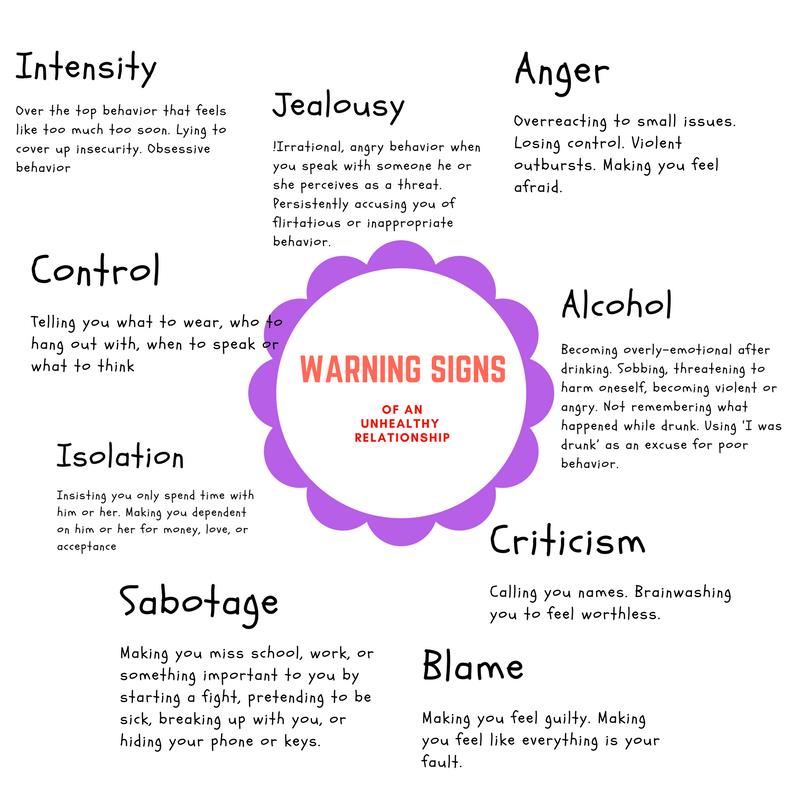Legal Definition and Scope: Domestic Battery Meaning

Domestic battery is a serious crime that involves physical harm or the threat of physical harm to another person within a domestic relationship. It is important to understand the legal definition of domestic battery, the elements that must be proven to establish it, and examples of actions that can constitute this crime.
Definition of Domestic Battery
Domestic battery is defined as an intentional act that causes physical harm or offensive contact to another person, typically within a domestic relationship. The specific definition and elements of domestic battery can vary slightly depending on the jurisdiction, but generally, it includes the following:
- Intentional Act: The act must be intentional, meaning that the person committing the act must have acted with the purpose or knowledge that their actions would result in physical harm or offensive contact.
- Physical Harm or Offensive Contact: The act must result in physical harm, such as bruises, cuts, or broken bones, or offensive contact, which is any unwanted touching that is considered offensive or insulting.
- Domestic Relationship: The act must occur within a domestic relationship, which typically includes spouses, former spouses, cohabitants, romantic partners, family members, and people who have a child in common.
Elements of Domestic Battery, Domestic battery meaning
To establish domestic battery, the prosecution must prove the following elements beyond a reasonable doubt:
- Act: The prosecution must prove that the defendant committed an act that caused physical harm or offensive contact.
- Intent: The prosecution must prove that the defendant acted intentionally, meaning that they acted with the purpose or knowledge that their actions would result in physical harm or offensive contact.
- Domestic Relationship: The prosecution must prove that the defendant and the victim were in a domestic relationship at the time of the incident.
Examples of Domestic Battery
Domestic battery can take many forms, including:
- Punching, kicking, or slapping: These are examples of direct physical harm that can constitute domestic battery.
- Grabbing, pushing, or shoving: These actions can also be considered offensive contact and constitute domestic battery.
- Choking, strangling, or suffocating: These acts are considered particularly dangerous and can result in serious injury or death.
- Using weapons: Using a weapon, such as a knife or a gun, to threaten or harm someone is a serious form of domestic battery.
- Throwing objects: Throwing objects at someone, even if they do not cause physical harm, can be considered offensive contact and constitute domestic battery.
- Spitting: Spitting on someone can be considered offensive contact and constitute domestic battery.
- Verbal abuse: While verbal abuse alone is not usually considered domestic battery, it can be used as evidence to support a charge of domestic battery if it is accompanied by physical harm or offensive contact.
It is important to remember that domestic battery is a serious crime that can have significant consequences. If you or someone you know is experiencing domestic violence, please seek help immediately. There are resources available to support victims of domestic violence and to help them get the protection they need.
Consequences of Domestic Battery

Domestic battery, a serious crime with lasting repercussions, carries a range of consequences that impact not only the immediate victims but also their families and communities. The severity of these consequences varies depending on factors such as the nature of the assault, the offender’s criminal history, and the jurisdiction where the crime occurred.
Legal Penalties
Legal penalties for domestic battery are designed to punish offenders, deter future violence, and protect victims. These penalties can include:
- Fines: The amount of the fine can vary widely, depending on the severity of the offense and the jurisdiction. For example, a first-time offense might result in a fine of a few hundred dollars, while a more serious offense could lead to fines of thousands of dollars.
- Imprisonment: Jail time is a common consequence of domestic battery. The length of the sentence can range from a few days to several years, depending on the severity of the offense and the offender’s criminal history. In some cases, offenders may be required to serve their sentences in a specialized program for domestic violence offenders.
- Restraining Orders: Restraining orders, also known as protective orders, are legal documents that restrict an abuser’s contact with the victim. These orders can prohibit the abuser from coming within a certain distance of the victim’s home, workplace, or children’s school. They can also restrict the abuser’s ability to contact the victim through phone calls, emails, or social media.
Social and Emotional Consequences
Domestic battery can have devastating social and emotional consequences for both victims and perpetrators.
- Victims: Victims of domestic battery often experience a range of emotional and psychological effects, including fear, anxiety, depression, and post-traumatic stress disorder (PTSD). They may also suffer from physical injuries, such as bruises, cuts, and broken bones. The trauma of domestic violence can have a lasting impact on victims’ self-esteem, relationships, and overall well-being.
- Perpetrators: Perpetrators of domestic battery can also face significant consequences, including social isolation, loss of employment, and damage to their relationships with family and friends. They may also experience feelings of guilt, shame, and remorse. In some cases, perpetrators may be required to participate in anger management or domestic violence counseling programs.
Impact on Children and Families
Domestic battery has a profound impact on children and families.
- Children: Children who witness or experience domestic violence are at increased risk of developing emotional, behavioral, and academic problems. They may also be more likely to engage in risky behaviors, such as substance abuse and early sexual activity. Domestic violence can also lead to long-term health problems, such as chronic pain, anxiety, and depression.
- Families: Domestic violence can have a devastating impact on families. It can lead to financial instability, social isolation, and the breakdown of family relationships. Domestic violence can also create a cycle of violence that continues for generations.
Domestic battery meaning – Domestic battery is a serious offense that involves intentionally causing physical harm to another person. It’s important to remember that relationships should be built on respect and safety, not violence. You might be curious about the age of Skai Jackson’s boyfriend, which you can find out more about here , but it’s crucial to separate that from the serious topic of domestic battery.
Domestic battery is a serious offense that involves the unlawful use of force against another person. It can involve physical assault, but it can also encompass acts like pushing, shoving, or even threats of violence. The recent case of skai jackson jail highlights the gravity of these charges and the potential consequences for those accused.
Understanding the legal definition of domestic battery is crucial for navigating these situations and ensuring the safety of all involved.